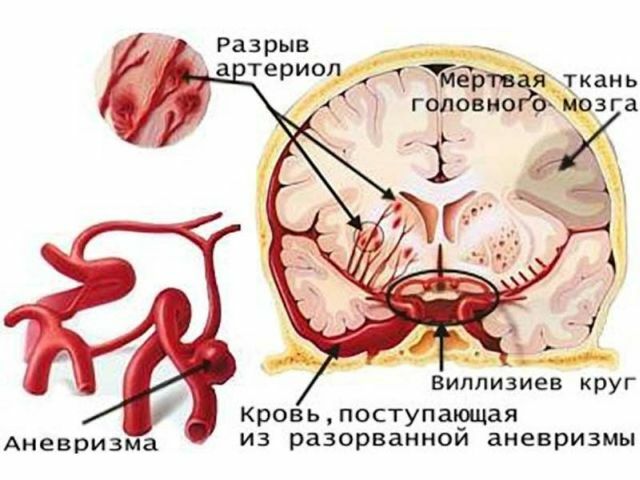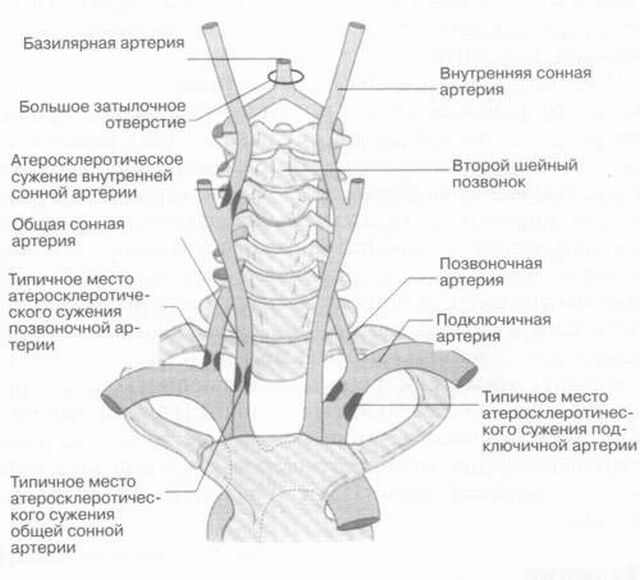Ulcerative colitis (UC) - a chronic inflammatory disease of the large intestine characterized by progressive course and the formation of ulcers.

Causes and Types
By the length of the pathological process is isolated:
- proctitis - a mild form of the disease, inflammatory changes affect only the rectum;
- Proctosigmoiditis - moderate severity, disease rectum and sigmoid;
- total colitis - a severe form characterized by lesions of the entire colon.
Recovered downstream acute, chronic and continuous chronic relapsing disease course.
The causes of the disease has not yet been established, although studies have consistently maintained. At various times of speculative factors NUC considered a variety of bacteria, viruses, toxins, psychogenic factors, the impact of the environment (rural residents get sick less often than the citizens), autoimmune mechanisms, genetic predisposition.
It should be noted that smoking reduces the risk of developing the disease.
The symptoms of ulcerative colitis
The symptoms of ulcerative colitis depends on the extent of the pathological process and the severity of inflammatory changes.
Local symptoms:
- appearance of blood in admixture decorated feces
- false urge to defecate (especially at night)
- diarrhea in advanced process (stool frequency in severe cases can reach 10 - 20 times per day),
- the presence of mucus and pus in the stool,
- constipation (in case of defeat, only the rectum)
- stomach ache.
With widespread general adherence NUC characteristic symptoms:
- intoxication,
- general weakness,
- weight loss,
- lack of appetite,
- nausea,
- severe emotional instability.
Perhaps the emergence of systemic manifestations:
- nodular erythema,
- polyarthritis,
- eye damage, liver,
- stomatitis, Glossitis, gingivitis.
In severe cases, the disease may develop complications:
- intestinal bleeding,
- gap bowel wall,
- fistulas and abscesses,
- the formation of scar bowel obstruction with development restrictions.
Diagnostics
If you suspect the presence of a patient of ulcerative colitis is necessary to conduct a series of surveys:
- General clinical: general blood and urine tests, an electrocardiogram, chest X-ray, measurement of blood pressure, heart rate, blood type and Rh factor
- detailed biochemical analysis of blood (glucose, bilirubin + fraction, total protein fraction +, urea, creatinine, ALT, AST, GGTF, alkaline phosphatase, iron, CRP, Potassium, sodium)
- X-ray examinations: panoramic picture of the abdomen and pelvis, X-rays of the colon with contrast
- endoscopic techniques: colonoscopy with biopsy, sigmoidoscopy, gastroscopy
- fecal occult blood and its clinical analysis (coprogram)
The differential diagnosis is carried out with such diseases as
- Crohn's disease,
- chronic (non-ulcer), colitis,
- Irritable bowel syndrome,
- liver, pancreas, the biliary tract.
* Check with the federal recommendations for treatment and diagnosis >>>
Treatment of ulcerative colitis
Treatment of ulcerative colitis has been a gastroenterologist and a surgeon at complications.
Food
An important role in the treatment of plays diet with mechanical and chemical shchazhenie with increased protein intake, reducing fat to 60-80 grams per day, with a maximum limit of fiber.
drug therapy
The main groups of drugs for the treatment of ulcerative colitis are:
sulfonamides:
- sulfasalazine
preparations of 5-aminosalicylic acid (5-ASA):
- salofalk for oral application, as well as suppositories and solutions for enemas;
- Pentas
glucocorticosteroids:
budesonide for topical application,
- prednisone in the form of suppositories,
- with inefficiency and long distance pathological process prednisolone used systemically (orally or parenterally)
antibiotics and antiprotozoal agents:
- flagyl (metronidazole)
- tsiprobay (ciprofloxacin)
in severe cases, corticosteroids inefficiency and 5-ASA treatment connected cytostatics:
- azathioprine,
- cyclosporine
new drugs - selective immunosuppressive agents:
- Remicade (infliximab)
aids:
- antacids,
- enzymes
Surgery
Removing a portion of the colon is carried out at the complications and inefficiency of conservative therapy.
Forecast
Current treatments are effective in 85% of patients with mild to moderate ulcerative colitis.
Most patients can achieve complete remission.
Moderate clinical manifestations are stored in 10% of patients.
The section on the diagnosis and treatment of ulcerative colitis is written in accordance with the federal recommendations.



